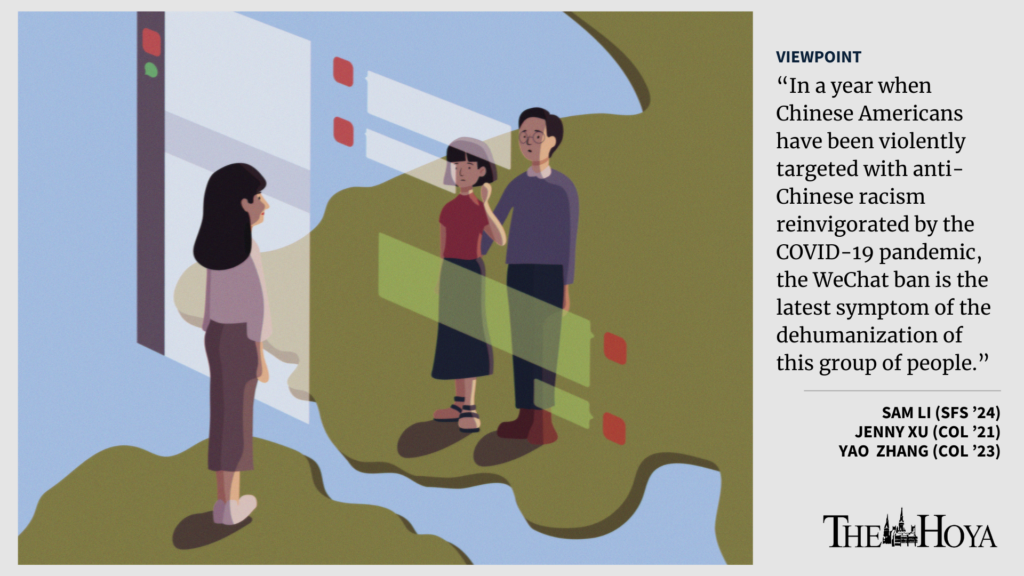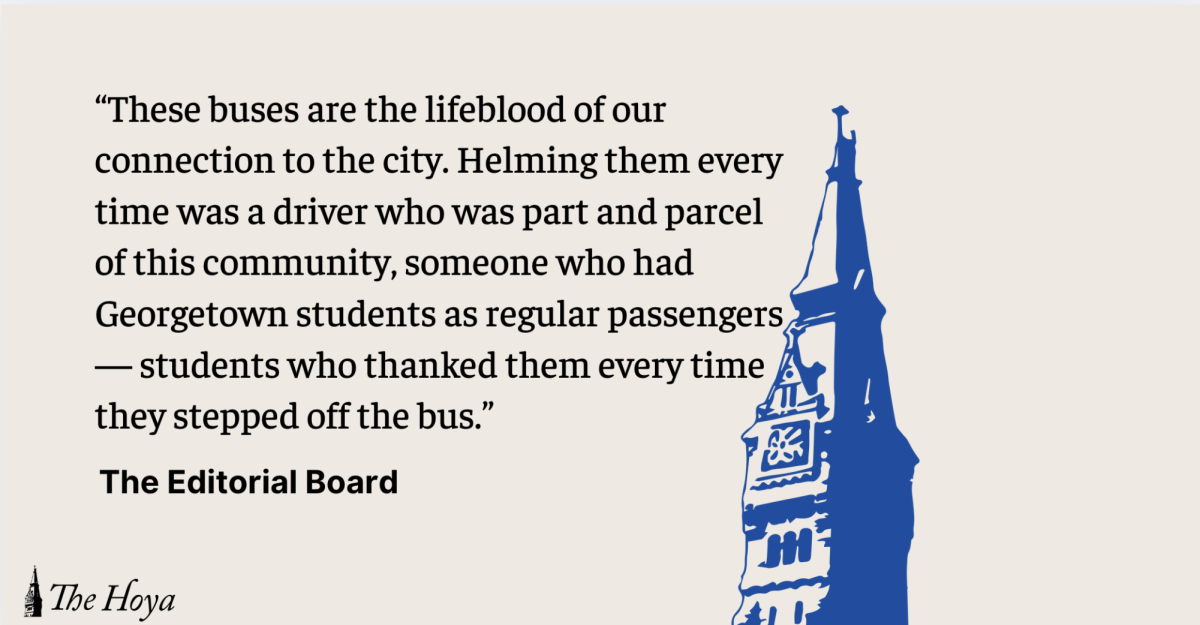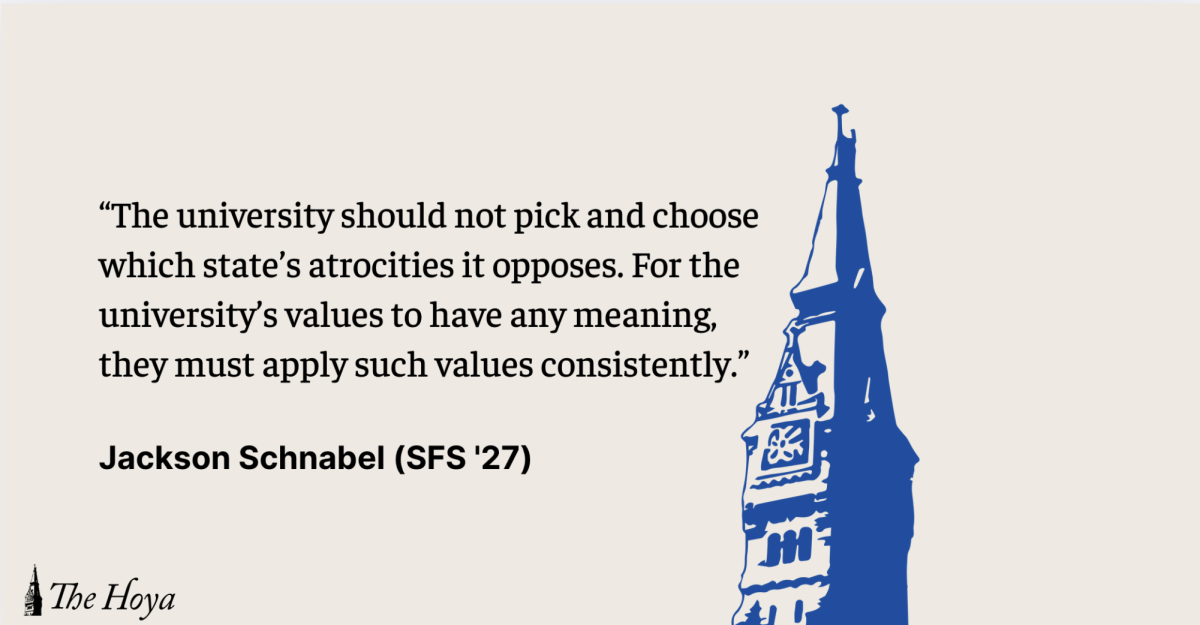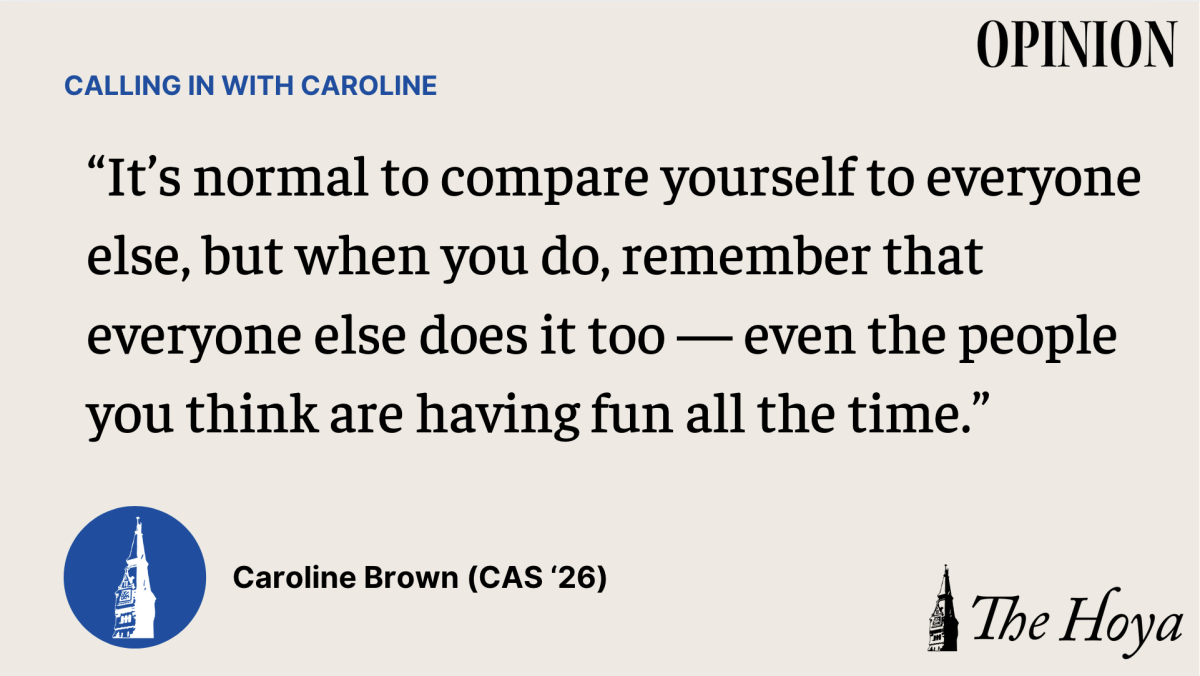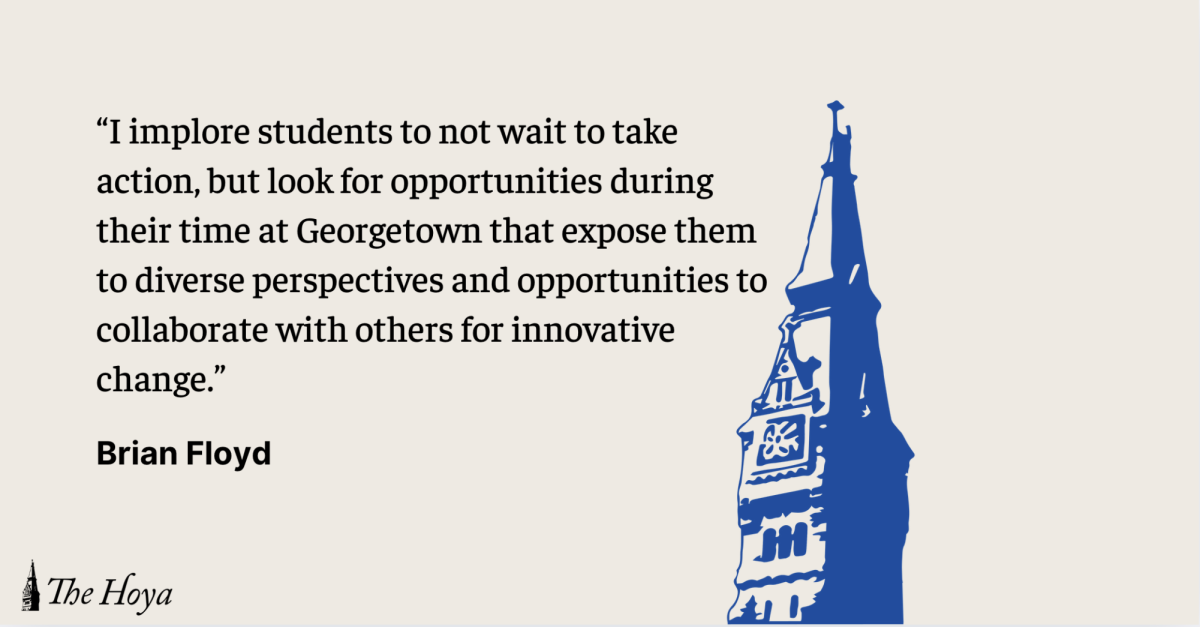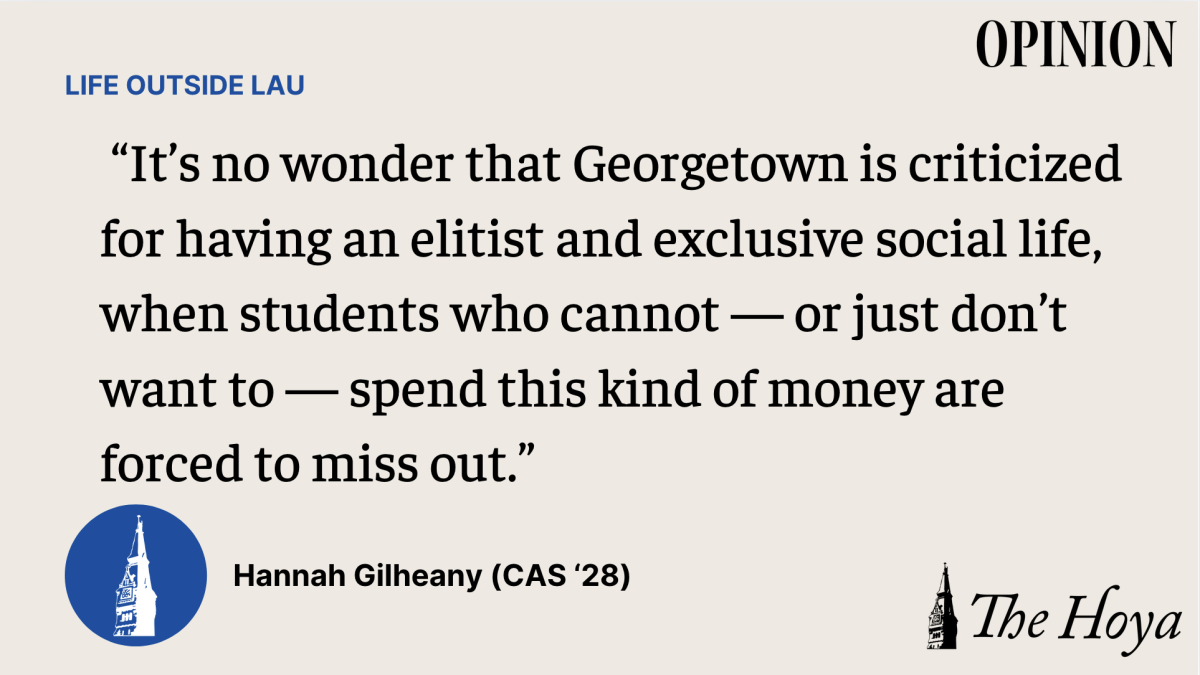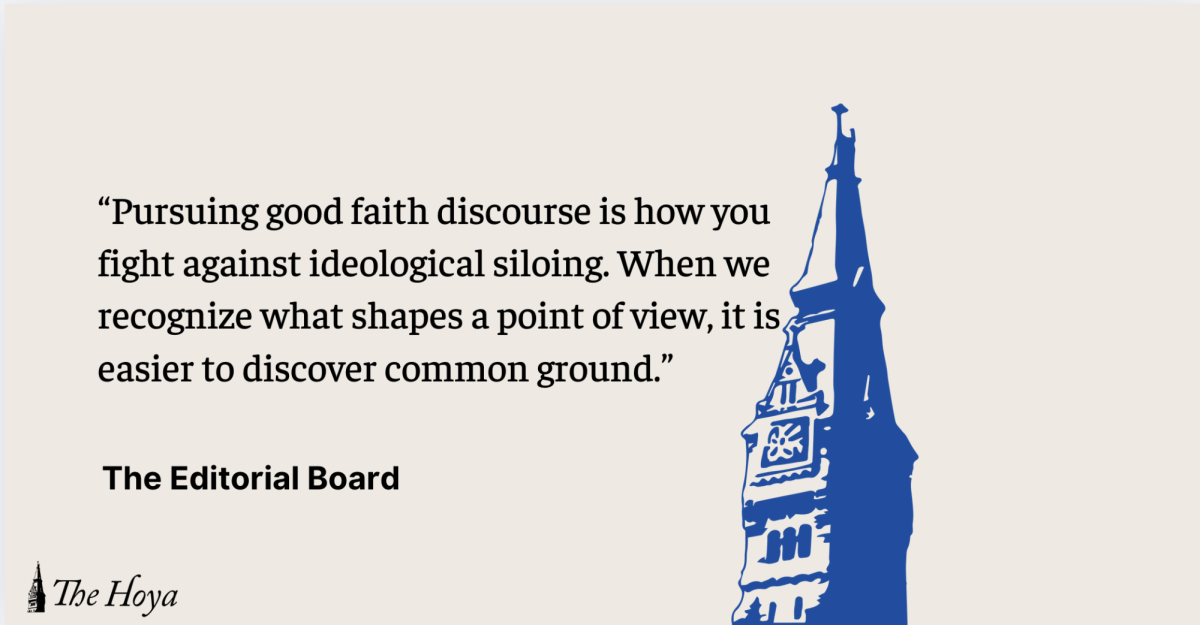The Chinese app WeChat effectively merges the news and community aspects of American social media platforms — Facebook, Instagram, Snapchat, WhatsApp —with more practical elements, such as a virtual wallet, payroll system and game center. Hundreds of millions of people in China use the app to connect with each other and their loved ones around the globe.
Given that the WeChat ban proposed by the Trump administration is supported by Democrats and Republicans alike, Chinese Americans are caught in the crosshairs. This moment is not a new one. From exclusionary immigration laws to racialized rhetoric about COVID-19, both political parties have shown disdain for the lived experiences of Chinese Americans throughout history. But just like in the past, these policy proposals have unclear legal support. This political extremism in the age of great-power competition between the United States and China creates serious ramifications for Chinese Americans and their loved ones; it is imperative that American policymakers value the real, human experiences happening right in their own country.
Many in Georgetown University’s own community have significant personal connections on WeChat. For Jenny Xu (COL ’21), a daughter of Chinese immigrants, WeChat is the great equalizer. She grew up feeling stuck between two drastically different cultures. When she created a WeChat account, the app not only allowed her to stay in touch with her family members in China, but also offered a glimpse of daily life there. Seeing others’ personal posts, reading articles and watching Chinese videos allowed Jenny to find a sense of balance and pride in her identities; she never felt too far away from either world.
The apex of WeChat’s importance in Jenny’s life coincided with talks of its prohibition. In late August, her 98-year-old grandfather was in the terminal care wing of a Beijing hospital. Her aunt messaged her on WeChat: “Yeye doesn’t have much time left. Please call him tonight.” Hands shaking, she called her grandfather on WeChat. He answered with a soft voice and listened to everything she had to say: She was doing well in college classes, don’t worry about her, everything is going to be alright. The next morning, he passed away. This last phone conversation remains memorialized in a green text bubble: “Duration: 08:37.”
At that moment, there were no considerations of international dialing or asking an old man to navigate the different payment plans of long-distance phone calls or unfamiliar applications. All he needed was WeChat.
For Sam Li (SFS ’24), who has not been to China in several years, WeChat is the only secure and effective way to stay in contact with his extended family. Every morning, Sam’s mom starts her day with a WeChat call to his maternal grandparents. He considers these daily talks a crucial connection to his family, culture and identity as a Chinese American. Sam had not always appreciated this bond, having spent several years of his life not in contact with his extended family. But WeChat has turned these once special and occasional conversations with his family members in China into comfortable normalities. Especially this year, when regularity feels so distant, Sam is extremely grateful for this simple, daily connection in which he can update his loved ones on classes, clubs and politics. To Sam, WeChat is an invisible yet very real bridge across the Pacific Ocean. If that bridge disappears, a significant part of Sam’s everyday life will also fade away and leave behind no immediate alternatives.
For Yao Zhang (COL ’23), WeChat has been part of his life since right after the app’s launch in 2011. Across the ocean, there are so many memories and links that remind him what he had before coming to the United States for college. When COVID-19 first hit his hometown back in February, it was friends on WeChat who told him what was really happening beyond the reporting of western media. Although the pandemic prevented him from going back home this summer, it was also WeChat that allowed him to stay in the loop with his high school friends, who have dispersed across the world after graduation last year. The ban on Wechat, the only convenient and widely accepted app that supports his life in the United States, will add great distress both to his academic performance and mental well-being amid the ongoing pandemic.
These are just three stories out of millions of American WeChat users whose experiences are ignored by policymakers. The WeChat ban is not a cause, but rather a consequence of the current U.S.-China competition for global hegemony that has overlooked immense emotional losses. Debates about the economic and political ramifications of a ban are certainly warranted; however, the human aspect cannot be overlooked. In a year when Chinese Americans have been violently targeted with anti-Chinese racism reinvigorated by the COVID-19 pandemic, the WeChat ban is the latest symptom of the dehumanization of this group of people. During this time of extraordinary human loss, economic uncertainty and political extremism, the true test of empathy lies in our nation’s ability to go beyond curated governmental narratives and to value the human experiences at stake.
Sam Li is a freshman in the School of Foreign Service.
Jenny Xu is a senior in the College.
Yao Zhang is a sophomore in the College.


